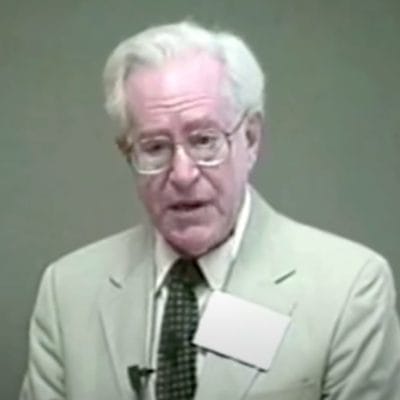Using Behavioral Science to Improve Fidelity of Implementation of Behavior Support Plans in Schools
Wendy Machalicek
Treatment fidelity is crucial for enhancing outcomes for children in educational settings, encompassing adherence, dosage, quality of delivery, participant responsiveness, and program differentiation. Implementing FBAs and behavioral intervention plans for children with autism presents significant challenges in fidelity for teachers. This presentation from the the 2020 Michigan Autism Conference examines the literature on interventions aimed at improving implementation fidelity.
This product has been discontinued.
You may also like…
-
Interactive Video

1.5 BCBA CEUs
B.F. Skinner on Education
B.F. Skinner4.94 out of 5(32)$14.99 Add to Cart Quick View -
Interactive Video

1 BCBA CEU
The Scientist-Practitioner in Behavior Analysis: A Case Study
Murray Sidman4.50 out of 5(2)$9.99 Add to Cart Quick View -
BundleSale!

16 BCBA CEUs
Stellar Bundle
$159.92Original price was: $159.92.$111.92Current price is: $111.92. Add to Cart Quick View


